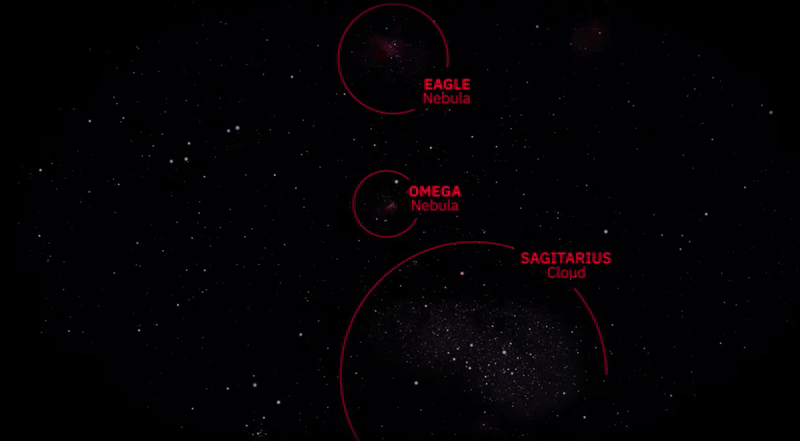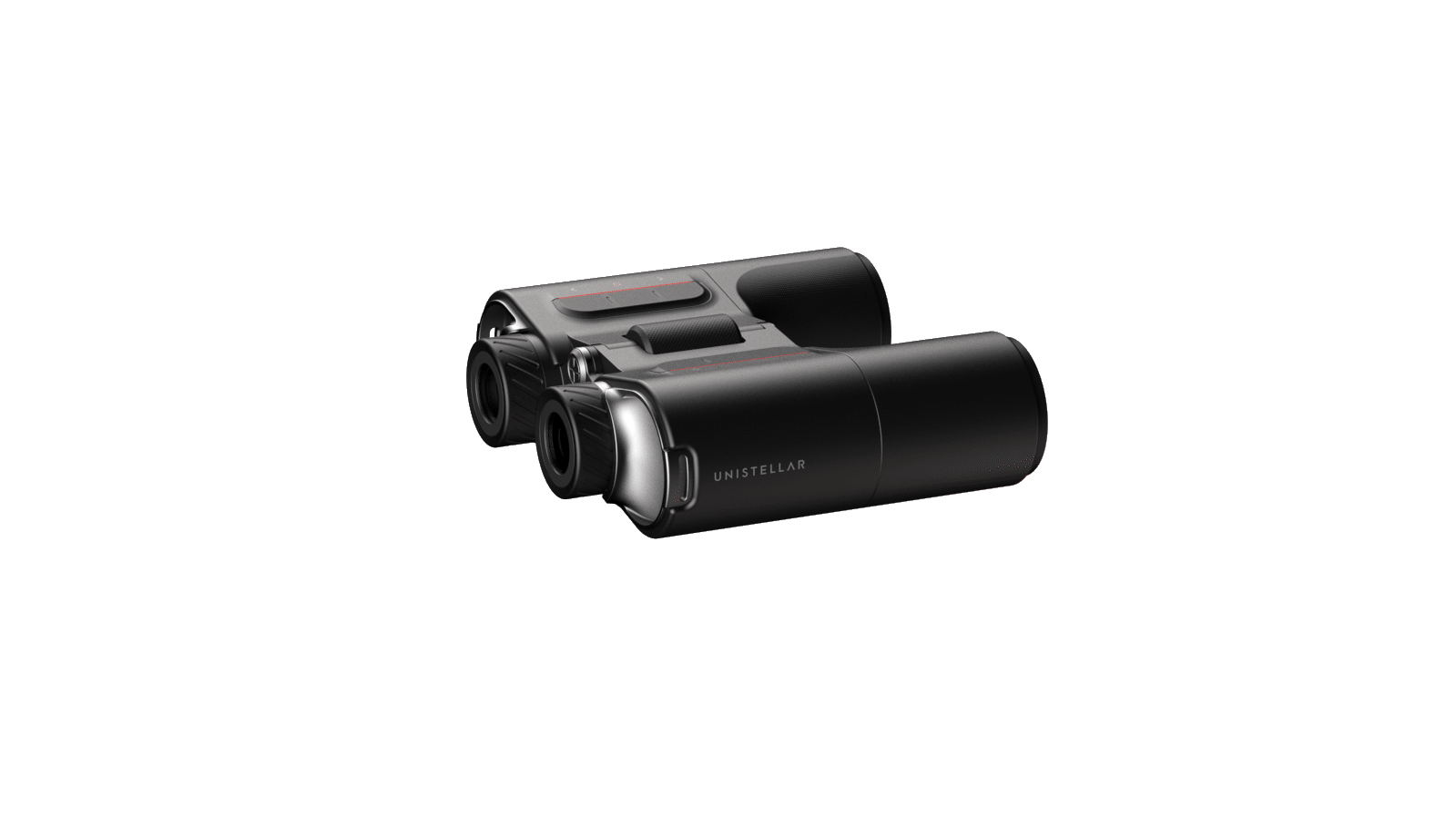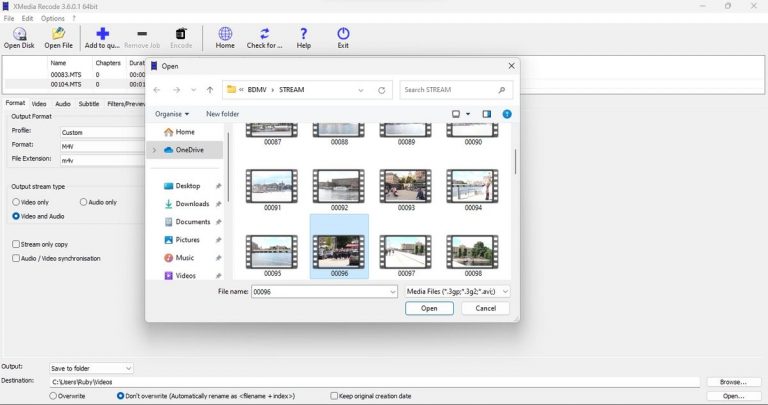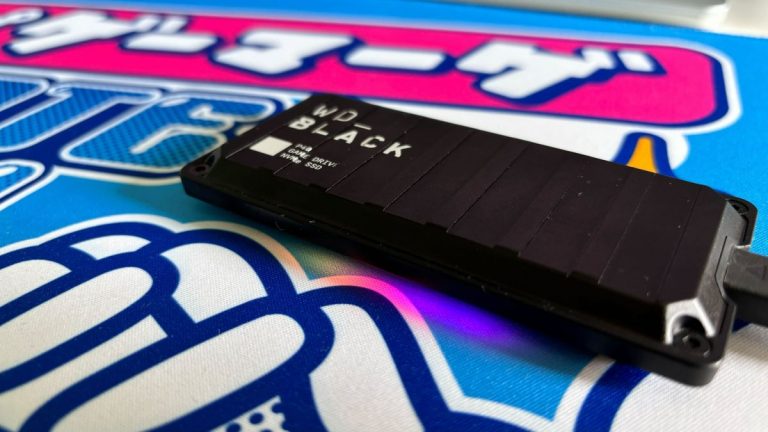These AR Binoculars Will Tell You What You’re Seeing in the Night Sky

Have you ever made it to the end of a hike with a scenic overlook and argued with your friend about the name of a river many miles away? I have. Google Maps wasn’t any help, but perhaps if I had Unistellar’s upcoming Envision AR binoculars in hand to label those faraway landmarks, we could have put that bickering to bed.
Unistellar is mostly known for making smart telescopes, but now the company is going back to its Kickstarter roots to promote a pair of AR binoculars. The company promises its latest device can label objects and constellations in the night sky or point out distant hiking trails and landmarks on our terrestrial plane. If that sounds exciting, just know that the device might cost you more than $800, and that’s only if you get in early.
Just like most of the company’s other stargazing devices, the Envision is supposed to connect to the user’s phone to access its GPS and Unistellar’s online database. The device contains IMUs to determine your position and angle. With all that data, the AR binoculars will supposedly send augmented reality information onto a microdisplay contained on the right-hand lens. So if you’re looking at a distant mountain, Envision should be able to tell you the name of it, your distance to its peak, and perhaps any local trails. Further, the company promises you can pass the goggles off to a friend, and the device should help point them to the distant landmark you were last eyeing.
But you may not have access to that full online database when you’re deep in the woods. Unistellar says users can download local information to their device so they won’t need to rely on spotty cellular service.
The company is promising the device should have a large database to get a look at many distant landmarks or stars. Unistellar claims its database contains information on more than 1,000 distant nebulae, galaxies, and star clusters. It should also house more than 1 million landmarks on Earth, including mountain peaks, caves, springs, and shelters. There’s currently no precise list of locations, though the company did mention the current GPS API does not work in China.

You’re sure to spend hundreds of dollars more on the Envision than a regular, quality pair of binoculars. Still, at the very least if you run out of juice on Unistellar’s 5-hour battery you can still use them as field glasses with their 10X magnification and 50mm diameter lenses.
Unistellar does have a pretty solid track record with its telescopes, such as last year’s eQuinox 2 and 2024’s Odyssey. They’re both the kind of newfangled smart telescopes that connect to an app on your smartphone to help identify celestial objects or distant galaxies. Those stargazing devices are some of the more expensive smart telescopes you can buy, though Gizmodo has reviewed several and found they make up for that price by their ease of use.
That’s not to say we recommend buying into any Kickstarter campaign, just that Unistellar has a track record for making quality designs and a record for following through on their previous crowdfunding campaigns. The device is currently going for $700 with the early bird special, but you’ll pay $800 if you sign up before the end of the campaign on July 29, not including shipping.
Production is currently slated for September, with the initial batch set to ship in November. A second batch for latecomers will ship in December, barring any unforeseen delays.
It’s an expensive pair of glasses, to be sure, especially considering they lack any night vision, stabilization, or photo capabilities. Like any Kickstarter, you have to judge whether the promise of a cheaper price is worth it for a still-untested product.
#Binoculars #Youre #Night #Sky





